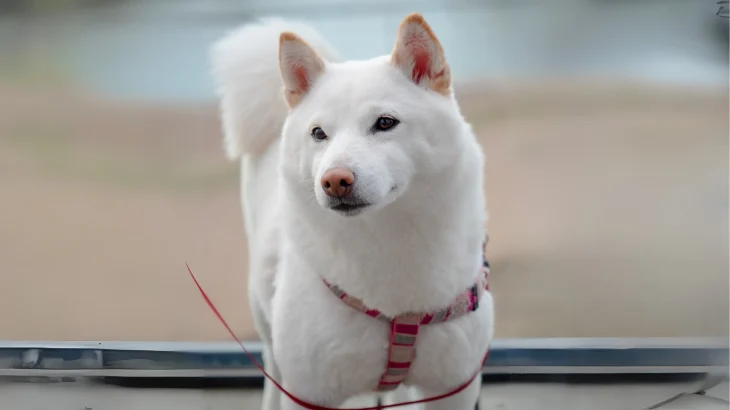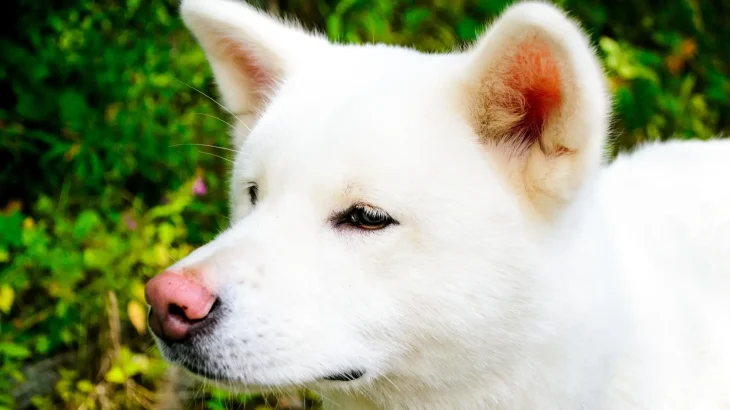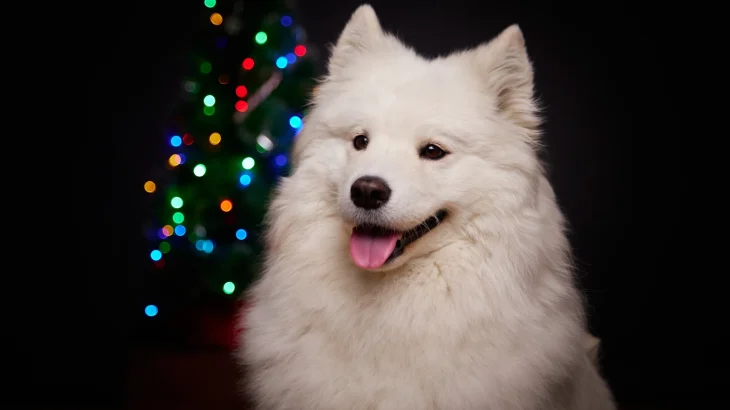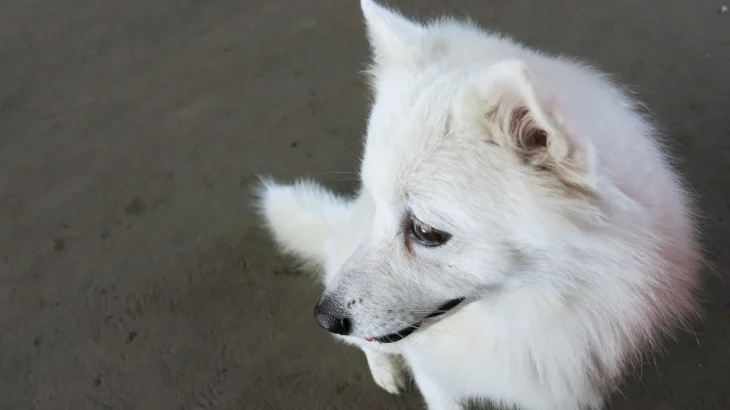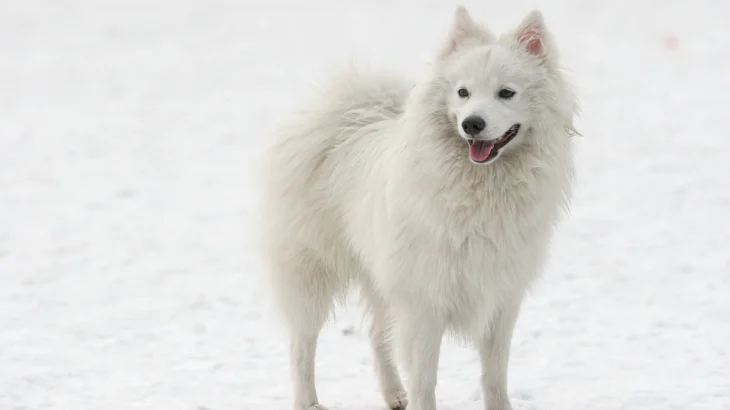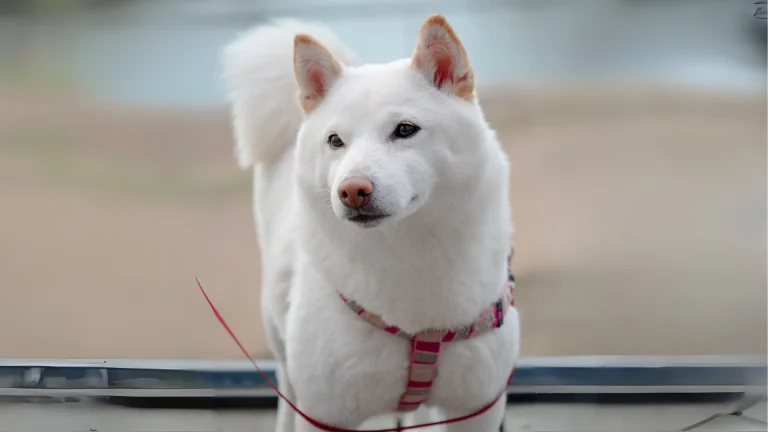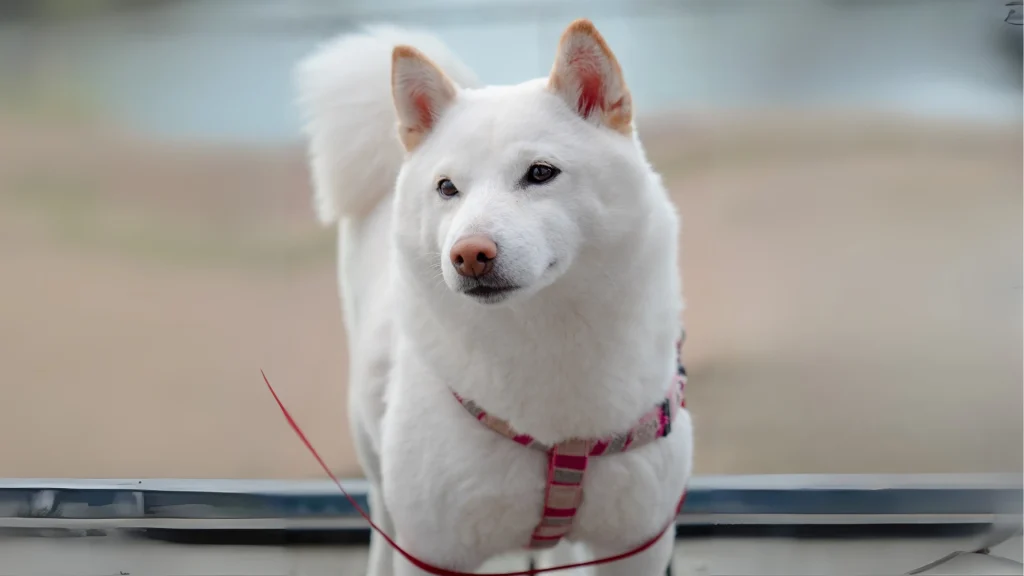Deciding whether to adopt or purchase a Kishu Ken puppy often comes down to considerations around health transparency and ethical practices. Buying from a breeder can offer clearer insights into the puppy's health and lineage, while adoption supports giving a home to a dog in need, sometimes with less certainty about background.
| Criteria | Buying from Breeder | Adopting from Shelter/Rescue |
|---|---|---|
| Cost | Generally higher due to purebred status and breeding expenses. | Lower fees, making it more affordable to provide a home. |
| Health History | Detailed records and genetic screening likely available. | May have limited health background but basic checks usually done. |
| Age Availability | Mostly puppies, allowing early socialization and training. | Range of ages, including adults and seniors, offering more options. |
| Temperament Insight | Breeders often provide info on lineage traits and behavior tendencies. | Temperament assessed by shelter staff, but full history may be unknown. |
| Ethical Considerations | Supports responsible breeding if sourced from reputable breeders. | Helps reduce shelter populations and gives dogs a second chance. |
| Breed Purity & Pedigree | Offers confirmed pedigree and breed standard compliance. | Breed purity may be uncertain, but adopting still saves a life. |

